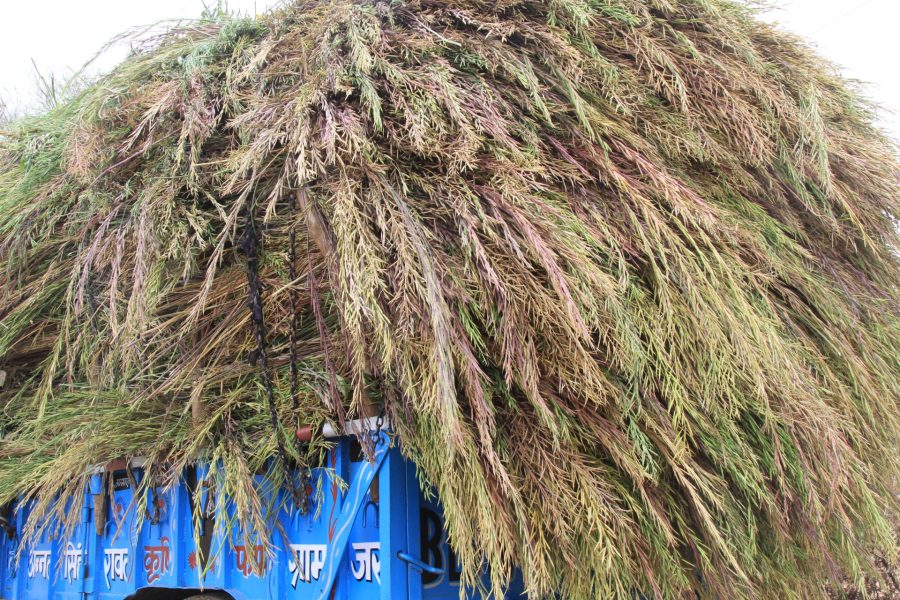
Centre allows commercial cultivation of GM mustard, India's first GM food crop
Genetical Engineering Appraisal Committee recommends environmental release of GM mustard hybrid developed by Deepak Pental-led Delhi University scientists; Pental says Centre has approved minutes of meeting recommending release

The stage is set for farmers to cultivate genetically modified mustard. The apex regulator for genetically modified (GM) crops, Genetical Engineering Appraisal Committee (GEAC), has recommended the environmental release of a GM mustard hybrid developed by a team of Delhi University scientists led by Deepak Pental.
Also read: GST has raised farmers’ woes, not income: BKS announces protest
“Government approval is not needed,” Pental said as the Centre has approved the minutes of the meeting recommending the release.
The mustard hybrid, Dhara Mustard Hybrid (DMH)-11, is India’s first GM food crop to get approval for cultivation. It sets the stage for the cultivation of other GM food crops. The only GM crop which India has approved is Bt cotton, in 2002.

Pental said his team at Delhi University’s Centre for Genetic Manipulation of Crop Plants (CGMCP) will give the parental lines to seed companies so that they can produce their own hybrids. His team will also use whatever is left of this sowing season to multiply the parental lines and produce seed. Pental expects the seed to be available to farmers for cultivation in the 2024 winter sowing season.
The hybrid is tolerant to the herbicide glufosinate ammonium. GEAC has said the herbicide can be sprayed only on crops for seed production. The herbicide which sells under the brand name Basta does not have a label claim on mustard. Pental says his team will work to obtain approval from the Central Insecticides Board & Registration Committee for the herbicide to be used on mustard.
GEAC had recommended the release of DMH-11 in May 2017. But then environment minister Harsh Vardhan had not accepted the advice. He had wanted impact studies to be conducted on honeybees and pollinators first.
Watch: Carbon Credits For ‘Climate-Smart’ Agriculture
GEAC has said that the studies will be conducted post-release. Pental says such studies are best conducted in open fields where the foraging behaviour of bees and other aspects can be best captured.
A report in The Federal had made a case for the release of the hybrid after Australia granted approval earlier this month for the cultivation of a GM Indian mustard hybrid tolerant to the herbicide glufosinate ammonium.
Also read: Centre ropes in tech giants to use artificial intelligence in agriculture


